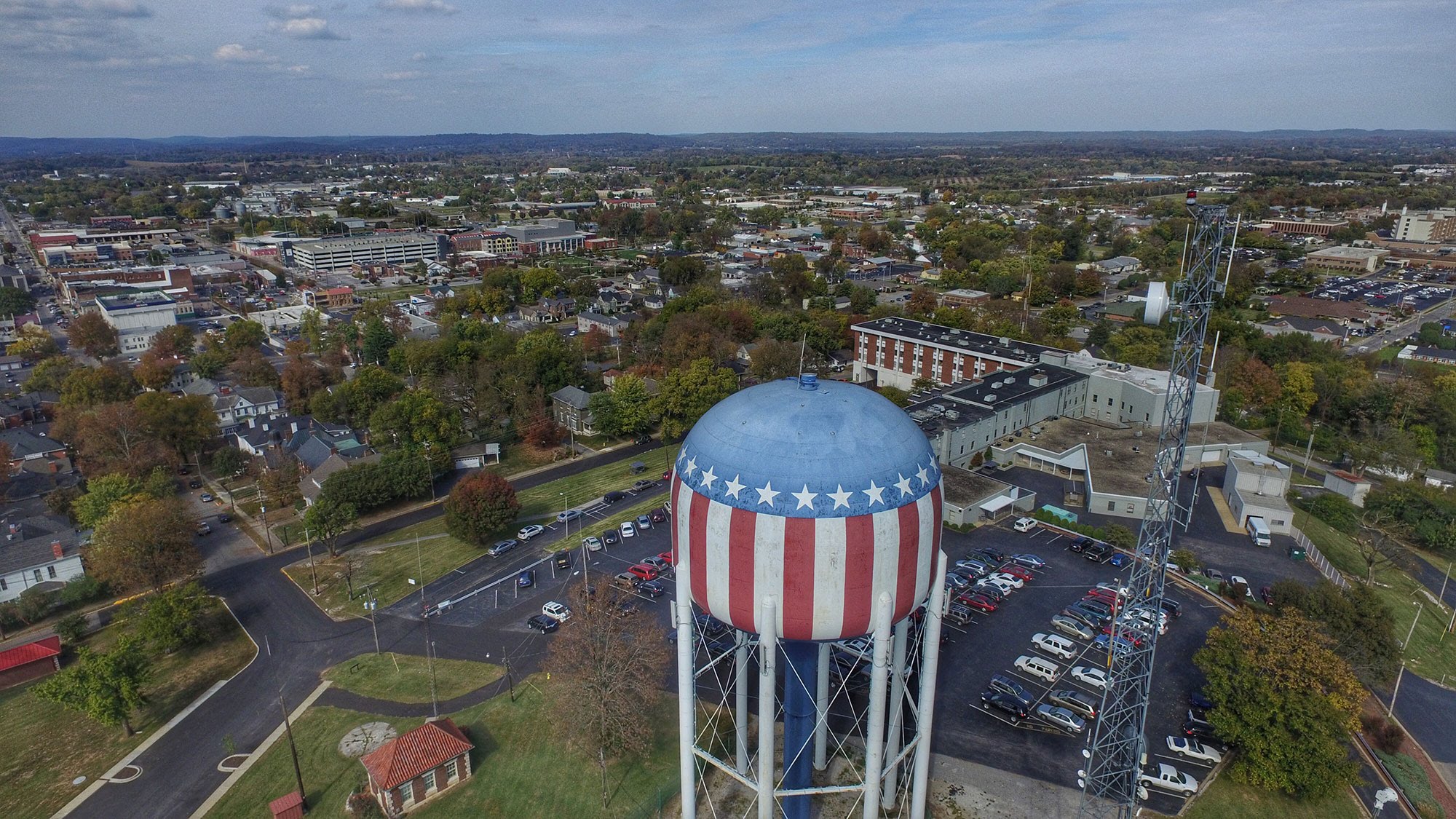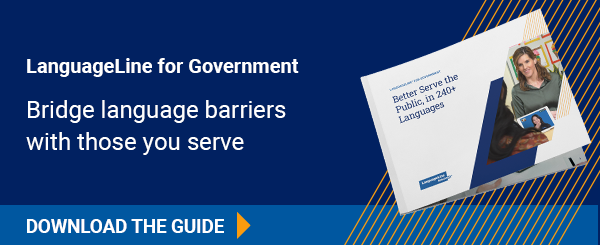
The Hispanic and Asian populations in Bowling Green, Kentucky, have more than doubled since the turn of the century. Fourteen percent of the city’s residents are originally from another country, giving it the highest percentage of foreign-born citizens in the state.
Calls from limited English speakers to dispatch and other city services come in high volume.
“Daily, I would say multiple times every day,” said Amelia Bowen, Bowling Green Police Communication Manager, in an interview with news station WBKO-13. “We can’t staff someone 24 hours a day that would be able to meet the whole community’s language needs. So LanguageLine® breaks that barrier and gives us the instant access we need to help everyone in the community.” Upon identifying the caller’s language of need, the appropriate interpreter is patched into the call within seconds. The service is available 24 hours a day, 365 days a year.
“I think the city of Bowling Green is leading by example,” said Leyda Becker, the city’s International Communities Liaison.
Before the city began working with an interpreter service more than a decade ago, calls from limited-English speakers required a lot of guesswork. Landmarks were often used instead of addresses, and dispatchers sometimes had to send a random emergency service with the hope it was the correct one.
Bowling Green started working with a language-services provider more than 10 years ago. In 2012, language access was expanded to include all municipal departments.
“(Interpreter access) really takes all the guesswork out and allows us to give everyone the same service, no matter what language they speak,” Bowen said. “The dispatcher’s ultimate goal is to keep everyone safe and get the services they need. It’s very frustrating and stressful when you feel handicapped, so with this service, we have another tool to help everyone.”
First responders and other city officials use the service when they are in the field, as they can dial up an interpreter in more than 240 languages via their cell phones.
“No one should be penalized because English isn’t their native language,” Bowen said. “Language is irrelevant to us when it comes to emergency services. We’re going to help them get the services they deserve, regardless of the language they speak.”
LanguageLine Can Help
Access to an interpretation solution can have a profound impact on community policing.
- Using LanguageLine’s on-demand access allows for coverage in more than 240 languages, including ones that are unanticipated, providing a vital tool to officers in the street.
- Personnel are assured of working with an objective, qualified, professional interpreter, providing unbiased and confidential communication.
- Instant access to an interpreter can save time and lives. When used in the field, it can also defuse potentially volatile situations that may arise between police and limited-English speakers, the Deaf, and the Hard of Hearing. This can enhance safety for all concerned.
- Improving the accuracy of communication can positively affect the outcome of investigations and have a direct impact on the success or failure of policing and prosecution.
- It is a demonstration of compliance and risk management, showing due diligence in eliminating language barriers.
About LanguageLine
LanguageLine was founded by a police officer more than four decades ago. The company sets the global standard for phone, video, and onsite interpreting, as well as translation of the written word. LanguageLine is trusted by more than 30,000 clients to enable communication with the limited English proficient, Deaf, and Hard of Hearing communities. LanguageLine provides the industry’s fastest and most dependable access to more than 35,000 professional linguists in 290-plus languages — 24 hours a day, seven days a week, 365 days a year. Please do not hesitate to contact us.

